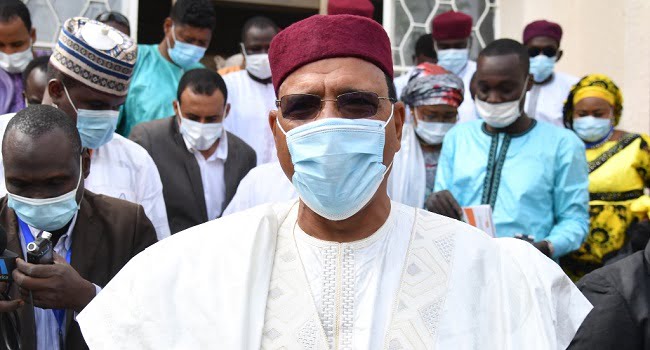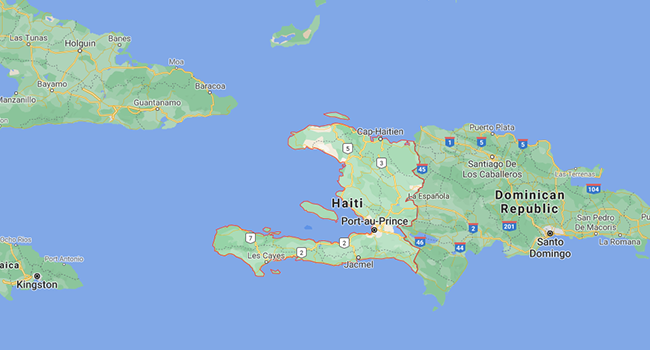Ruling party candidate and former minister Mohamed Bazoum won the first round of Niger’s presidential vote
The Independent National Electoral Commission (CENI) said the close ally of outgoing President Mahamadou Issoufou garnered 39.33 percent of the votes in last weekend’s election.
Bazoum will face former president Mahamane Ousmane, who won 16.99 percent, in the February 20 runoff in the West African country, which is fighting a bloody jihadist insurgency.
Former prime ministers Seini Oumarou and Albade Abouba came third and fourth respectively with 8.95 percent and 7.07 percent of the ballots.
Turnout reached 69.67 percent or 5.2 million of the 7.4 million registered voters, CENI said, in an election hoped to be the country’s first peaceful handover between elected presidents.
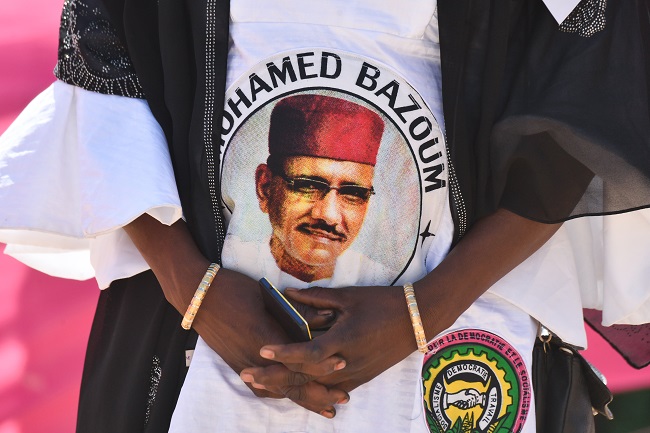
Bazoum, who has been both interior and foreign minister, campaigned on promises of improved security and education.
The 61-year-old was the favourite and had hoped to clinch victory in the first round. But he will now likely have to join forces with one or more of the other 29 candidates who ran in Sunday’s election.
Before the vote, Ousmane clinched a deal with several rivals to back him in a second-round, including former foreign minister Ibrahim Yacouba, who came in fifth with 5.38 percent.
Negotiations are likely to be complex in the former French colony, where alliances are made and broken quickly.
Issoufou had received support from Yacouba in 2016, the president rewarding him with a ministerial post. But Yacouba was sacked just two years later over “disloyalty” and went into the opposition.
On Saturday Yacouba cast doubt on the ballot, saying that CENI had given turnout rates of “97.8 percent or even 99.9 percent in areas were this is unimaginable”.
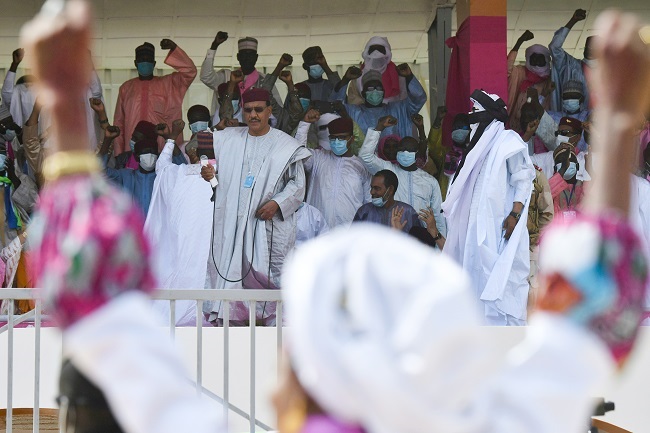
– Jihadist threat –
Bazoum’s ruling Nigerien Party for Democracy and Socialism (PNDS) is leading in the legislative vote also held on Sunday, with 80 of the 165 seats and five diaspora seats remaining to be decided.
However, insecurity overshadowed campaigning. Niger has been battered by jihadists on its southwestern border with Mali and on its southeastern frontier with Nigeria.
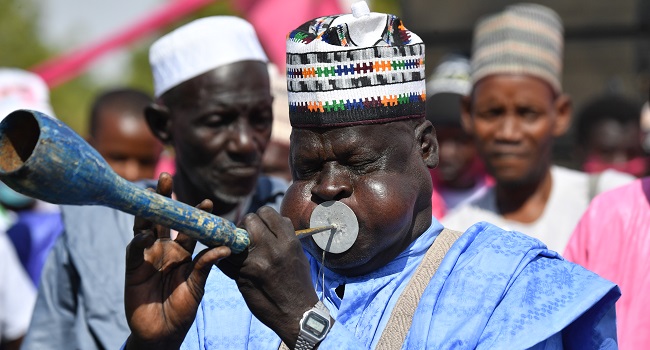
Five years of violence have cost hundreds of lives with many more displaced.
Issoufou, who was elected in 2011 after the country’s last coup in 2010, is voluntarily stepping down after two five-year terms.
In a New Year radio address he hailed the election as “a new, successful page in our country’s democratic history”.
Niger has been unstable since gaining independence 60 years ago and is ranked the world’s poorest country in the UN’s Human Development Index
SOURCE CHANNELS NEWS
